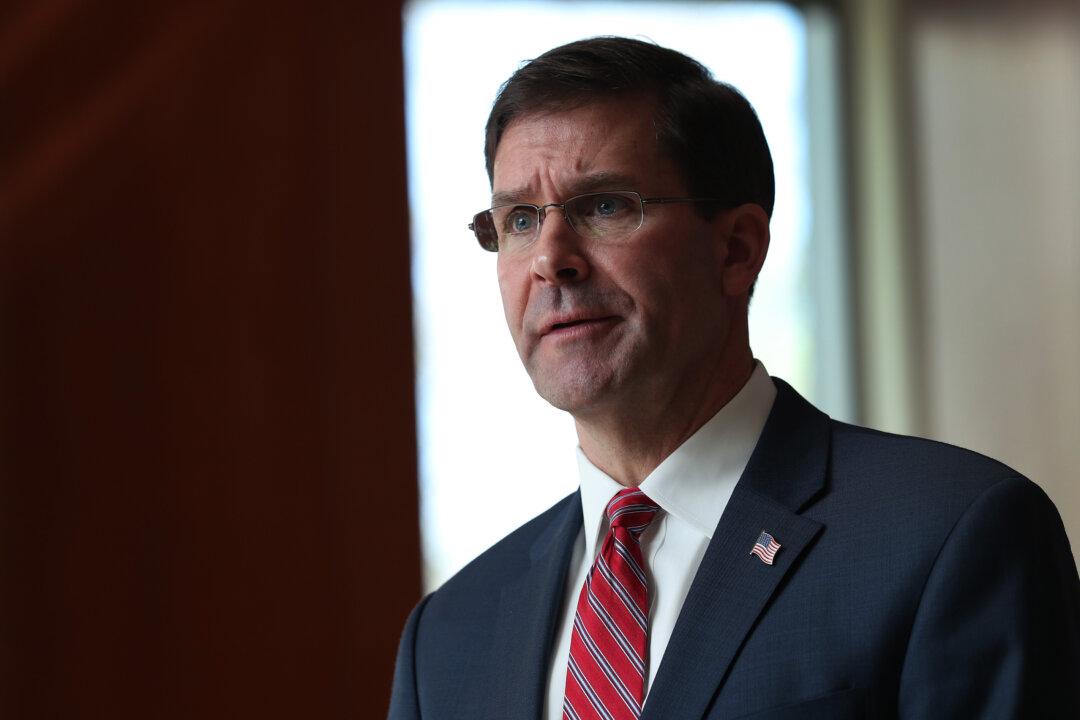The United States will not be completely removing its forces from Africa, Defense Secretary Mark Esper announced on Jan. 30, amid concerns from international partners that the United States would be making cuts as extremist violence grows across the continent.
The announcement came as Esper moved to spearhead a global troop review meant to free up more resources to address challenges from China’s military.





